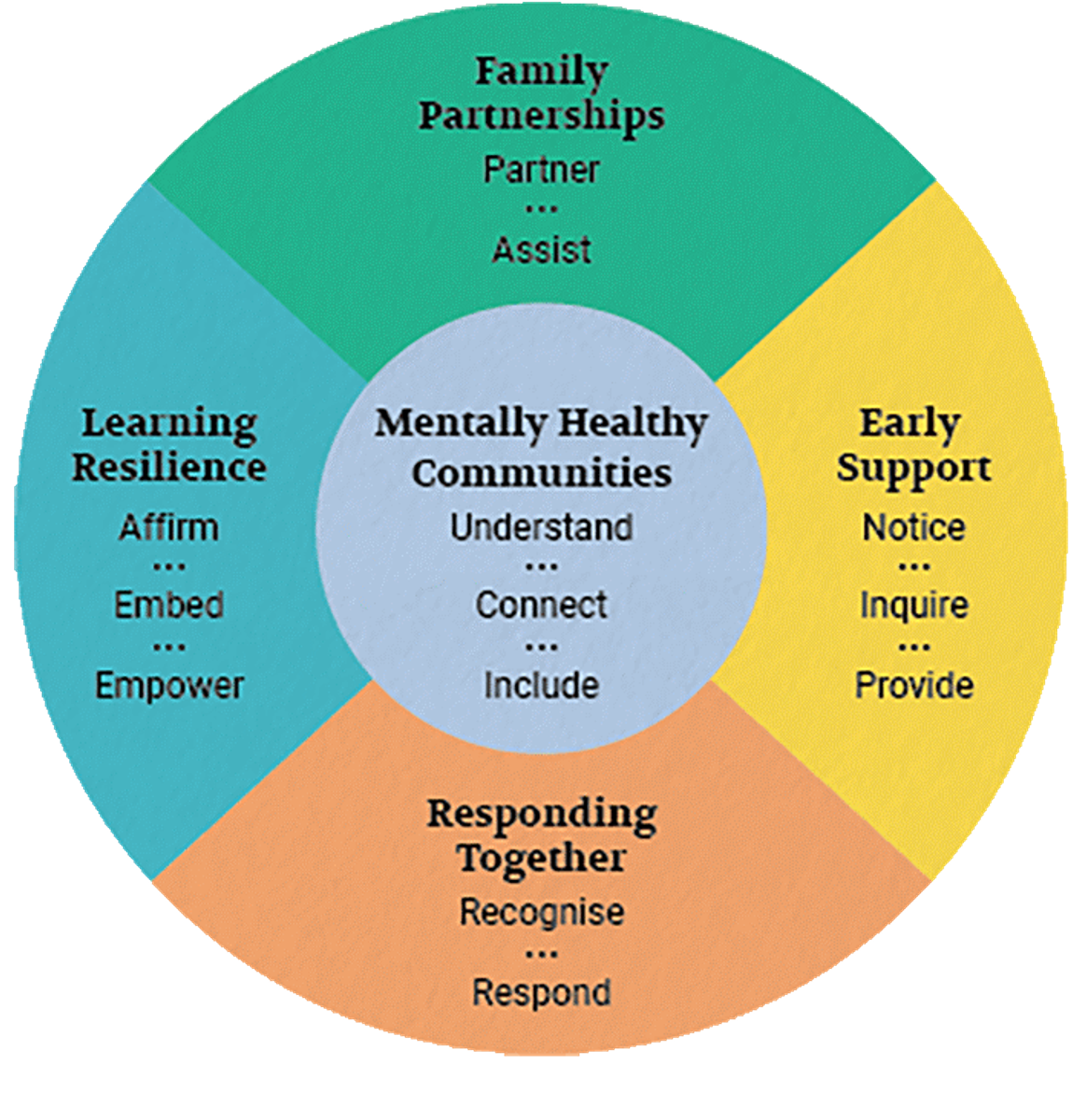Be Well and Prosper

Routines and rituals boost family wellbeing
During question time at a recent seminar I delivered on Personal Sustainability for Leaders, a professional in the audience asked for tips on how to manage the demands of family life when both parents are working fulltime.
I hesitated to give advice. It is such a personal, and often touchy issue, how couples parent and work out their distribution of labour. But later I thought of one thing that may have been helpful – a reminder about the power of routines and rituals.
A research review conducted by Barbara Fiese, Professor and Director, of the Family Resiliency Center at the University of Ilinois, found that regular routines and enjoyable rituals, not only create a sense of security and help organise daily life, they also enhance the health and wellbeing of families. Fiese’s review of 50 years of research, published in the Journal of Family Psychology, found that:
- In families with predictable routines, children had better overall health. They slept better, had fewer respiratory illnesses and performed better at Primary school. Parents also felt more satisfied and competent in their parenting role.
- In families with enjoyable rituals, such as birthdays, Christmas or special outings, children had better emotional health.
- Teenagers in families with strong rituals reported a well-developed sense of self, couples reported happier marriages and family members reported a stronger sense of belonging and group membership.
In short, routines provide predictability and order, which make it easier to stick with different regimens that affect health, such as eating, sleeping and exercise, and the strong emotional bonds forged during rituals lead to a sense of belonging.
So, what are the routines and rituals that support you and your family’s wellbeing? I would love to hear, so do drop me a line. And what areas do you think need some attention? Looking at your personal or family routines around eating, sleep and technology use could be a good place to start. While it can take effort and discipline to develop new routines in the early stages, ultimately they will save you time, energy and stress.
R&R’s that support family health and wellbeing
- Enforce bedtimes, especially for young children.
- As a household, have a nominated time to unplug devices and power-down.
- Try to have at least 3 family meals each week.
- Assign children chores that represent their portion of the family labour.
- Plan family weekends often and holidays at least once a year.
- Plan for special one-to-one time between couples and between parent and child.
- Consider creating new family rituals when old ones no longer work. For routines or rituals to retain their health-enhancing effect they need to be kept up to date and in tune with children’s needs as they mature.
- If you would like some professional help establishing healthy routines you can read about how Health Coaching works here.
From: O’Connor, T 2016, Routines and rituals boost family wellbeing, THEA O’CONNOR, viewed 22 November 2020, https://www.thea.com.au/blog/routines-and-rituals-boost-family-wellbeing/.
'Be You' Family Survey
The College is registered with ‘Be You’ (connected to Beyond Blue) and have been working closely with a Be You consultant throughout the year. The Staff Wellbeing Committee have been meeting fortnightly discussing a Whole School Approach to Wellbeing.
This includes the following areas:
- Mentally Healthy Communities
- Family Partnerships
- Learning Resilience
- Early Support and
- Responding Together
A whole school approach involves all members of the school community. As part of the process it is important to gather data from families, students and staff so that the needs of the community are carefully considered when formulating action plans to promote wellbeing. Therefore we would very much appreciate it if parents could complete this short survey on wellbeing by Friday 4 December. Students from Year 4 to Year 11 will also be completing surveys targeted at their age group during school time as ‘student voice’ is highly valued.
Family Survey
Survey Link:
https://beyou.syd1.qualtrics.com/jfe/form/SV_8BrqyFHxHoJ4DXv/?org_id=ORG - 0071393
Welcome to the Be You Family Survey
This survey will help us know what you experience as the family of children and young people attending this school or service.
Your responses can help highlight what we are doing well, and what we can do better.
- This survey takes approximately 15 minutes to complete and includes 27 statements.
- In this survey, the terms ‘learning community’ and ‘learning environment’ refer to your child or young person’s early learning service or school. Teachers and support staff are described as ‘educators’.
- Your responses are anonymous and only summarised results are used to help us better understand how to improve mental health and wellbeing in our learning community.
- The survey is not compulsory and you can skip questions if you want to.
- If you have several children and/or young people attending this learning setting, please respond to questions based on an overall perspective.
- When choosing your responses, please consider how you were feeling over the last week.
If you need more information about this survey before starting, please contact the Primary, Dunhelen or Brookhill Head of School.
Aitken Wellbeing Committee



